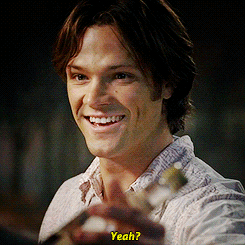My last post was, to be fair, a barbaric yawp of despair. But now, classes have ended, final exams have been given, and my students have completed the unofficial course evals I use to supplement the uni’s “official” (read: Likert scale) ones.
And so, in the spirit of the support and kind words my last post generated (thank you, readers! they were much appreciated), this post is an act of self-kindness: a reminder that whatever my state of existential, academic-related despair, I am a damn good teacher.
(Perhaps at some point I’ll publicly parse the constructive criticism that my students provided. But, for now, I’m sticking to the sunny side of the street.)
The comments below tell me that many of my students get something out of being in my classroom and some even enjoy being there. Indeed, I’ve been teaching for six years now, and never before has the word “fun” appeared so many times in a set of evals. Given how little fun I was having this semester writ large, I am pretty damn pleased to see that.
FWIW, these are responses submitted by students in both of my classes in response to this, the last question on the unofficial eval:
10. What else would you like to tell me about your experience in this course?



